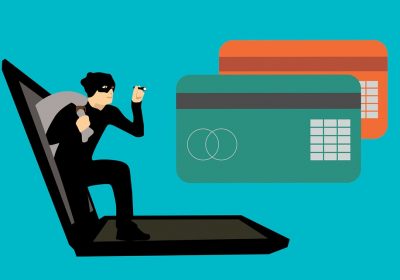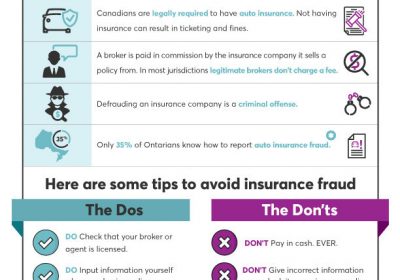- Stats: 1420 0
- Author: Linda
- Posted: March 8, 2019
- Category: Fraud and Scams
Job scams
Mystery shopper scam
Consumers receive a text message advising them that they have been selected to be a mystery shopper. Shoppers Drug Mart, Shoppers Canada, Mystery Shopper are among some of the companies commonly misrepresented as employers. Consumers who reply with interest receive a cheque in the mail with instructions to attend various stores, complete transactions, send funds by Money Service Business (MSB) and rate the services experienced. The “employee” is told to deposit the cheque and keep a portion of the money as a payment.
Warning Signs – How to protect yourself
- Never respond to an unsolicited text or email.
- Be wary when a “company” uses a web based email address to conduct business.
- If you receive a cheque or funds deposited to your account in response to a job, advise your financial institution immediately.
- If a job sounds too good to be true, it is.
Car wrapping scam
Consumers receive an unsolicited text message stating that they can earn $300 to $500 per week by wrapping their car, truck, SUV or bike with a “company” logo. An email link is provided and consumers who respond receive instructions and a contract followed by a cheque in the mail. Consumers are instructed to deposit the cheque and withdraw a portion of the funds. Upon completion, victims are advised to deposit the funds into a specific bank account to pay a graphics company and/or other fees. Consumers then learn that the cheque is counterfeit and that they are responsible for any funds withdrawn. Fraudsters will falsely impersonate legitimate companies such as Clearly Canadian, Monster Energy, Coca Cola and Heineken in an attempt to make the job seem real.
Warning Signs – How to protect yourself
- Never respond to an unsolicited text or email.
- Be wary when a “company” uses a web based email address to conduct business.
- If you receive a cheque or funds deposited to your account in response to a job, advise your financial institution immediately.
- If a job sounds too good to be true, it is.
Financial agent
Scammers use free online classified websites or unsolicited email campaigns to recruit potential victims. Consumers answer the ad or email offer to become a “financial agent” or “client manager” and subsequently correspond via email with the fraudsters. Victims are hired as payment processors for the suspect company and their job is to receive payments from the company’s clients. Commonly, victims report receiving e-transfers or wire transfers into their bank account. After receiving the payments, the victims are directed to send money through Western Union, MoneyGram or Bitcoin to a company representative usually in Eastern Europe (e.g. Russia or Ukraine).
Warning Signs – How to protect yourself
- If you receive funds for any reason from an unknown individual or company and you are asked to forward it elsewhere – DON’T! Chances are you are dealing with a scammer.
- Be aware of offers of employment from what appears to be a legitimate employer; they will place ads looking for a “Financial Officer.” This usually involves collecting payments for the new employer and forwarding the money to a different country.
- Be mindful where you post your resume; scammers use legitimate websites to seek out victims.
- A legitimate employer will never send funds and request a portion of it back.
- Do your research. A simple search on the internet can save you thousands of dollars.
- Beware of unsolicited text messages offering employment.
Source: Canadian Anti-Fraud Centre




